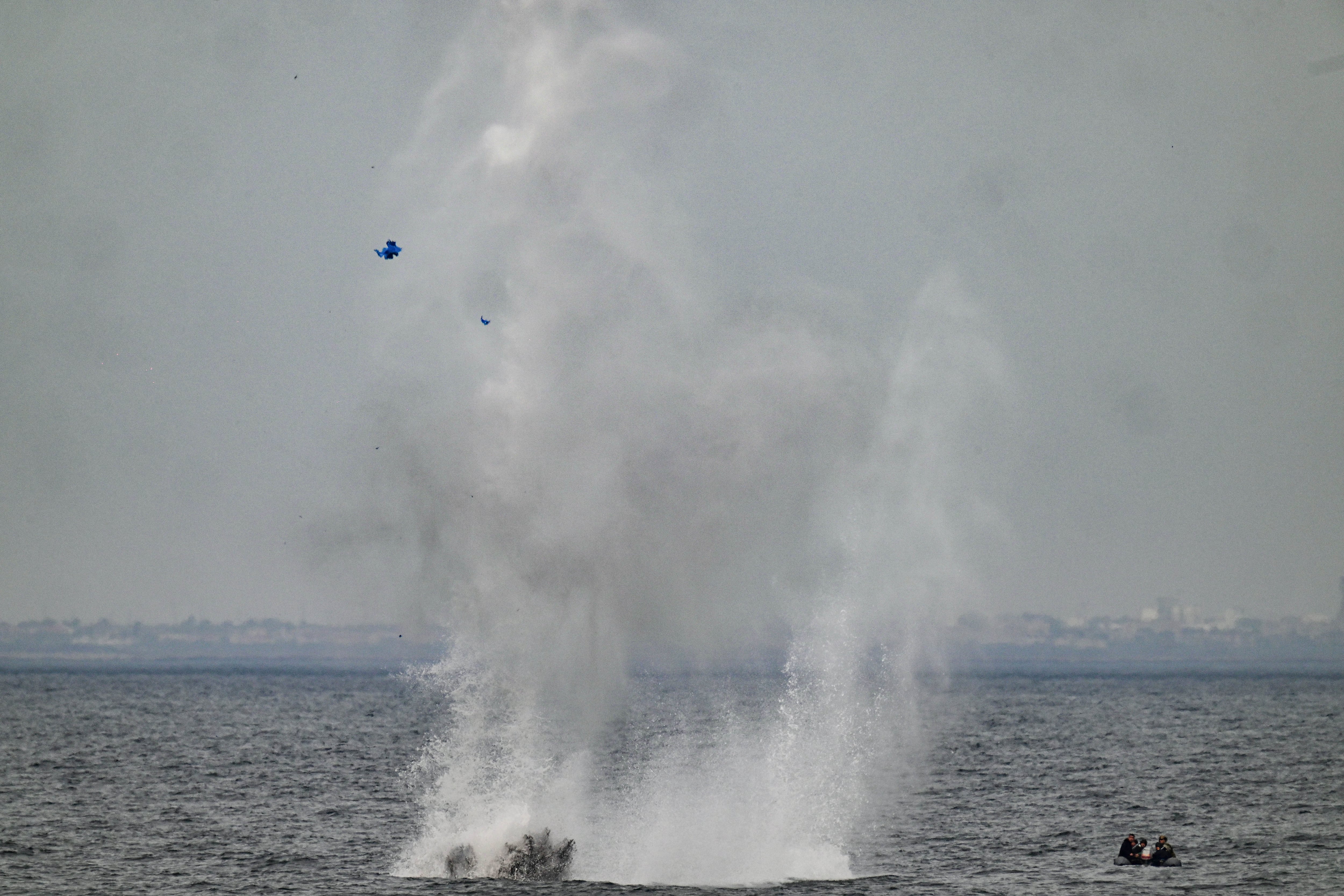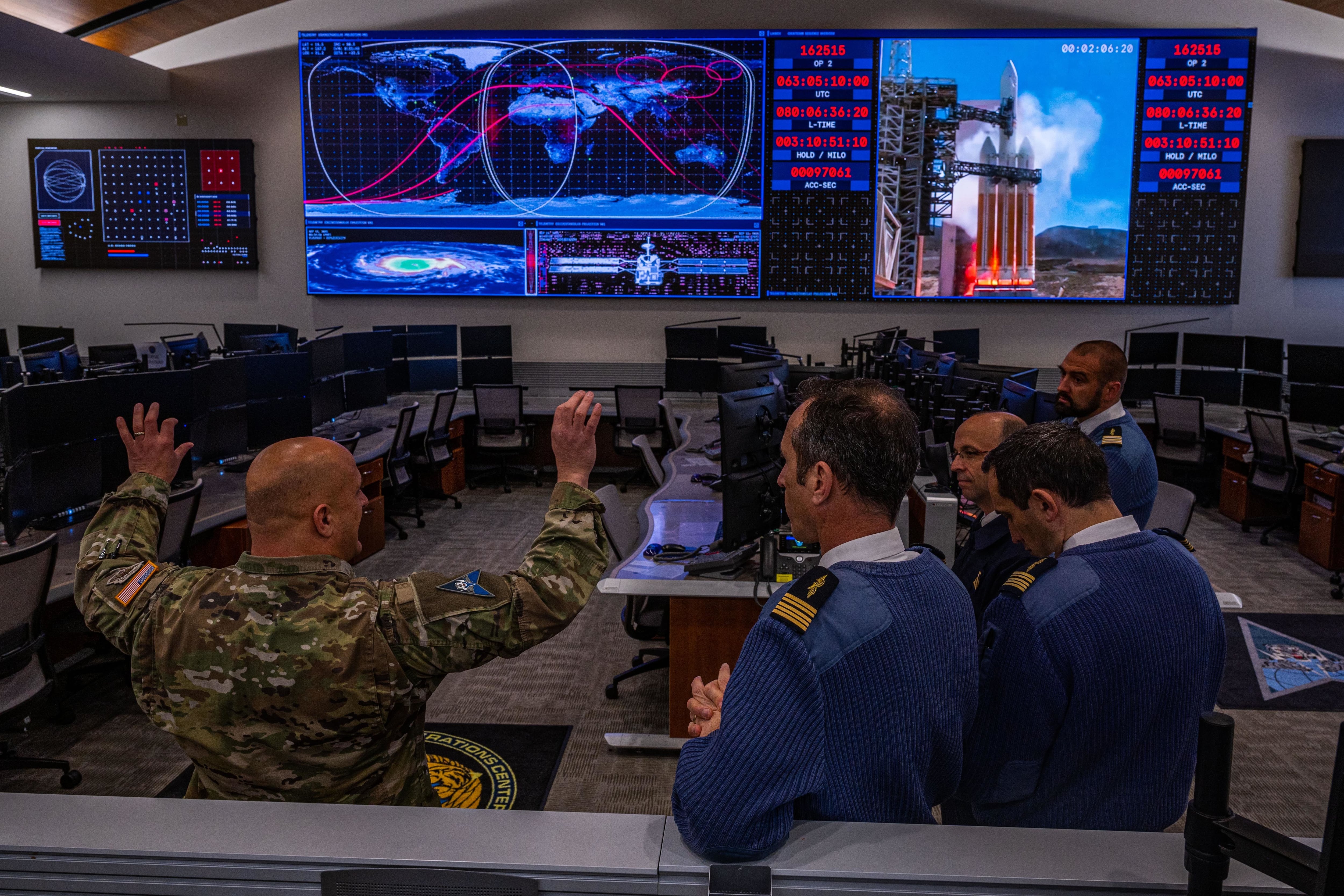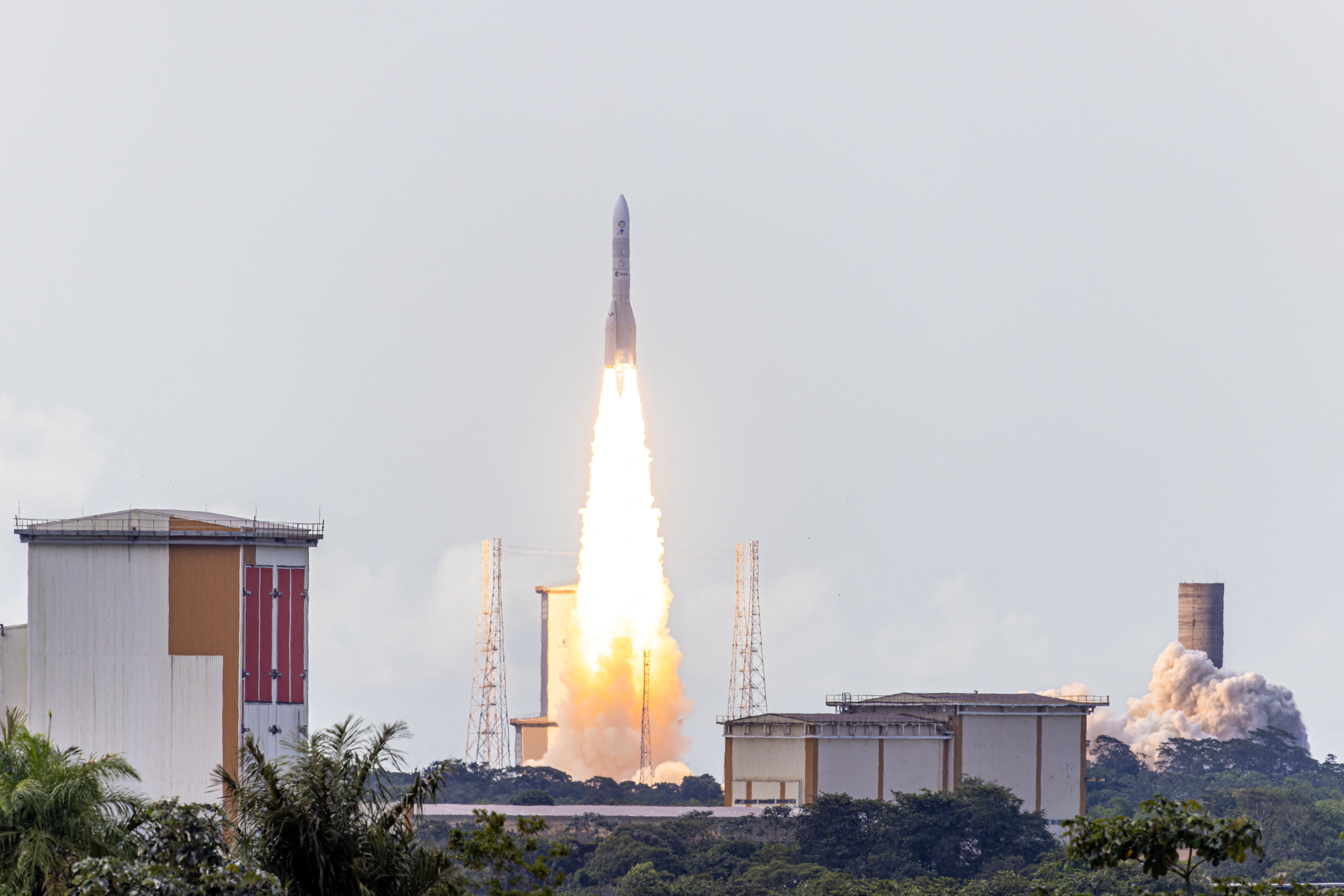COLOGNE, Germany — Estonian and U.S. specialists are setting up a new project aimed at easing the transfer of cyberthreat information between the two nations.
The five-year effort will attempt to find ways around a conundrum that often prevents even close allies from telling each other about threats in the virtual domain: Doing so exposes one’s own vulnerabilities.
“No nation wants to do this,” said Kusti Salm, the director general of the Estonian Centre for Defence Investment. And while cybersecurity technology as a whole continues to evolve quickly, enabling intelligence sharing without simultaneously creating security risks is relatively unstudied, he said.
"There hasn't been too much progress in this field. It's pretty ambitious stuff," Salm told Defense News.
The Estonian Centre for Defence Investment oversees acquisitions and research for the small Baltic country’s military. Salm said his organization controls about 60 percent of Estonia’s annual defense budget, which currently sits around $660 million.
Despite its small size, Estonia has been on the forefront of cyber defense after a massive 2007 cyberattack that analysts believe originated in neighboring Russia. The Kremlin has denied any involvement, but Western officials were spooked enough by the events that NATO created its Cyber Defence Center of Excellence in Estonia’s capital Tallinn.
The new collaboration with the United States aims to build automation into the intelligence sharing process, meaning a lot of data gleaned from sensors could be exchanged continuously, according to Salm.
“The cyberthreat is ever-growing, and it doesn’t accept any national borders,” he said.
Initial insights from the effort are expected within three years. Estonian officials have said that other countries could join the project at some point, including nations from the European Union.
Estonian company Cybernetica, a key player in hardening the country’s public sector infrastructure against hacking, is the main contractor for the project. “This is the first-ever joint capability developed in the cyber domain between the two countries,” CEO Oliver Väärtnõu was quoted as saying in a statement.
Officials are more tight-lipped about what role the United States will play.
“I can confirm there is a cooperation agreement, joint financing model and workshare allocation packages between the U.S. and Estonia,” Salm said.
Sebastian Sprenger is associate editor for Europe at Defense News, reporting on the state of the defense market in the region, and on U.S.-Europe cooperation and multi-national investments in defense and global security. Previously he served as managing editor for Defense News. He is based in Cologne, Germany.








